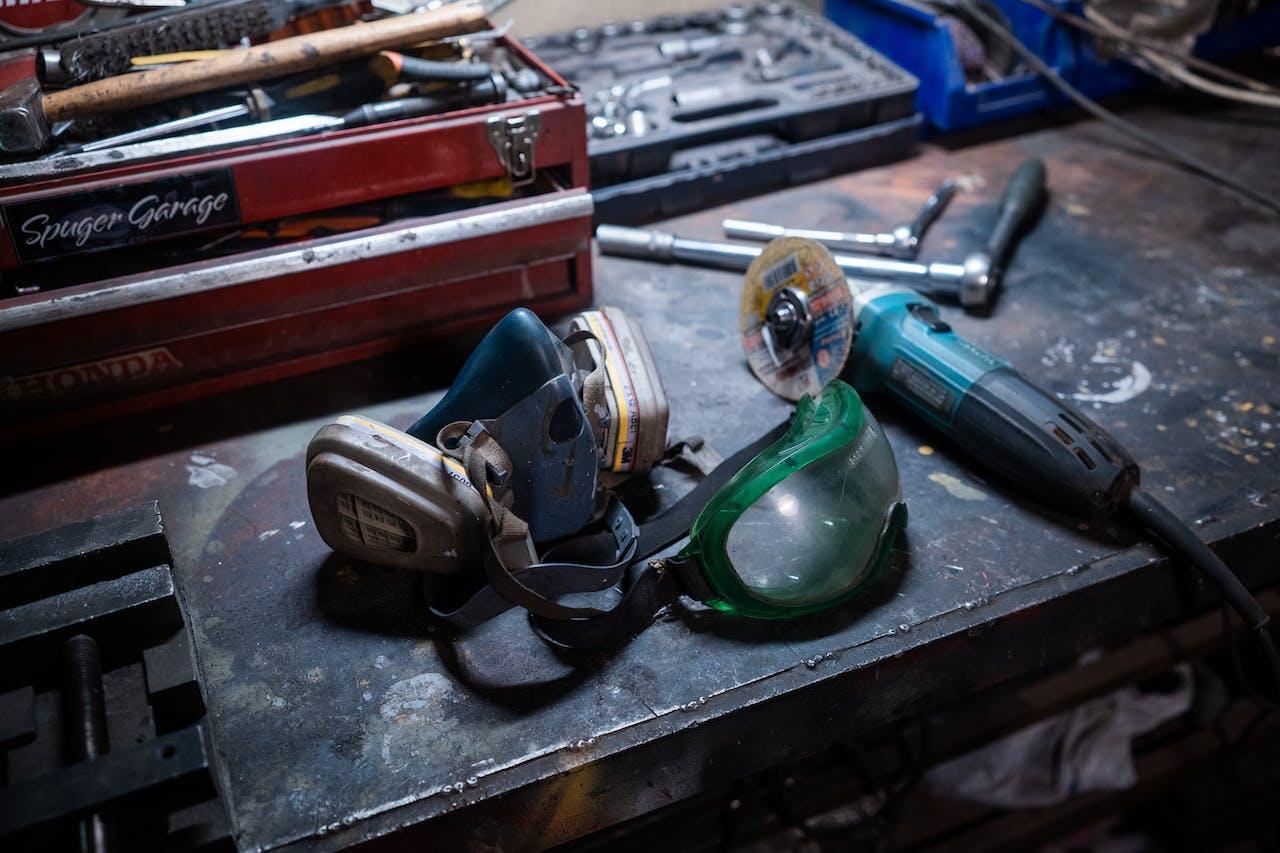Setting Up a Mechanic Garage Workshop
For auto enthusiasts, shade tree mechanics, or aspiring entrepreneurs looking to start their own business, setting up a mechanic garage workshop can be an incredibly rewarding endeavor. As vehicles become more complex and repairs more costly, more drivers are choosing to work on their own cars and trucks as a hobby or even a side business opportunity.
However, properly establishing a functional garage workshop requires careful planning and preparation. There are important considerations around location, acquiring the necessary tools and equipment, obtaining licenses and insurance, outfitting your space appropriately, and tips for operating a successful garage workshop.
Choosing a Location
One of the first major decisions is choosing an appropriate location for your workshop. The two main options are working out of your home garage or renting out a separate commercial space. Using your home garage saves you on rental overhead costs and avoids a long-term lease commitment. However, you need to ensure your neighborhood zoning laws and HOA rules allow you to run an automotive business out of your home.
Renting a warehouse or shop space provides more freedom and flexibility to operate your business but comes with higher monthly costs. You also want to consider a location’s accessibility for customers, available parking, and exposure for potential walk-in business.
Acquiring Shop Tools and Equipment
Once you’ve secured a location, acquiring the right assortment of mechanic shop tools and equipment is substantial for properly setting up your garage workspace. At a minimum, you’ll need an extensive assortment of hand tools like wrenches, sockets, pliers, screwdrivers, and any specialty tools needed for working on modern vehicle systems. Consider a heavy-duty workbench with steel top at DycoVentures.com, toolbox storage, and a quality work light to start. Other necessities are garage safety gear like creepers, heavy-duty jack stands, eye protection, and protective gloves.
More advanced diagnostic instruments like code scanners or voltage meters involve greater investment but are vital for intricate electrical repairs. As your business grows, you may also consider adding larger shop fixtures like vehicle lifts, tire mounting equipment, parts washers, or welders.

Licenses, Permits, and Insurance
Operating any automotive repair business requires obtaining certain professional licenses and permits. You’ll need to register your business with your local municipality and pay any required fees to obtain a business license. Many states also require mechanics to earn professional certification by passing exams that demonstrate competency in areas like brakes, transmissions, suspensions, air conditioning, and other systems. This helps legitimize your business and provides customer assurance.
Get a garage keeper’s liability insurance policy to protect yourself against any property damage, accidents, or customer claims. Consult an insurance agent for an affordable policy covering all your business risks.
Also Read: Can a Tiny House Be 10 Feet Wide? Explore Space and Design
Outfitting Your Garage Workshop
With your tools, equipment, and paperwork handled, you can focus on optimizing the physical layout and design of your workshop. Be sure to designate clear areas for vehicle repairs, tool and parts storage, fluid drainage, tire service, and other functions. Adequate lighting, power supply, and ventilation are also critical in the shop. You’ll need heavy-duty shelves, tool chests, storage cabinets, and high-quality workbenches suited to the type of repairs you’ll be doing. Proper safety accommodations like eye wash stations, spill kits, fire extinguishers, and extinguishing systems are required by OSHA. For customer convenience, include a lobby or waiting area with seating, WiFi, a restroom, and coffee/snacks.
Operating a Successful Garage Business
With your fully-equipped workshop ready for business, reliable customer service and quality repairs are what keep auto shops thriving. Spreading the word about your new business through websites, mobile ads, coupons, and social media helps attract loyal patrons. Accepting credit cards or services like PayPal, in addition to cash and checks, makes payment more convenient for customers.
Building long-term relationships through exceptional service keeps happy customers coming back and referring others. This gradually builds your shop’s reputation and allows you to expand staffing, equipment, service offerings, and operating hours. Diversifying into other areas like custom fabrication, performance upgrades, or parts sales can also boost your revenue streams over time.
Staying organized is also key to running an efficient garage workshop. Maintain detailed service records of every vehicle and repair that comes through your shop. Invest in shop management software or create your own organizational system to track customer information, vehicle histories, parts inventories, and equipment maintenance schedules. Keep your workspace clean, tools neatly stored, and supplies well-stocked so technicians can quickly service vehicles. Continually monitor industry advancements, diagnostic methods, and repair techniques through trade publications and training courses.
Implementing standardized operating procedures and best practices ensures repairs are done properly and safely. Setting shop policies regarding warranty, returns, payment plans, and better business bureau accreditation also adds legitimacy and professionalism.
Also Read: Does Lowe’s Sell Tiny Homes? Unveiling Your Housing Options
Conclusion
Getting your own garage mechanic workshop up and running requires careful planning but pays off tremendously in the long run. Set yourself up for success by finding an accessible location that fits your budget, acquiring all necessary tools and facility accommodations, handling all licensing and insurance needs promptly, and focusing on providing top-notch service once open for business. With a passion for the trade and dedication to meeting customers’ repair needs, operating your own small auto shop can grow into a thriving enterprise.





